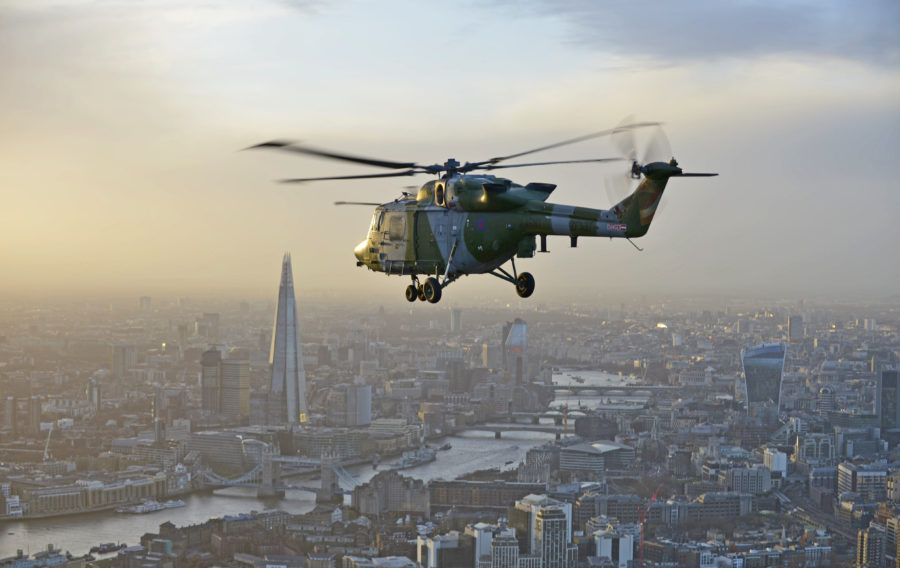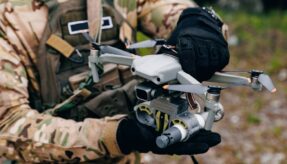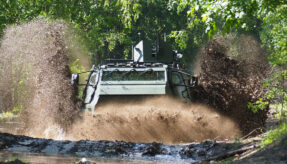
The British Army has bid farewell to the venerable Lynx helicopter, a stalwart of the UK Armed Forces, after almost four decades in service.
As the British Army’s primary battlefield utility helicopter, the Lynx has been destroying tanks, evacuating the wounded, gathering intelligence and providing humanitarian aid since 1978.
In the years since, the Lynx has soared above the frozen plains of Northern Canada, the tropical rainforests of South East Asia and Central America, the sub-zero oceans of the Arctic and the arid dust bowls of the Middle East. It has supported British troops on active duty in Bosnia, Kuwait, Afghanistan and Sierra Leone.
Unfortunately, age has finally caught up with the Lynx. With its superior avionics engines and improved capability, its replacement – the Wildcat – will no doubt prove to be a formidable force in the skies over the battlefields of the future.
In recognition of the Lynx’s decommissioning, the Army Air Corps will fly five of the last remaining air frames – housed at RAF Odiham in Hampshire – on a whistle-stop tour of England, taking in some of the places most fondly associated with the iconic aircraft – among them Middle Wallop, Upavon, Yeovil and Wattisham.
This victory lap will culminate in a V5 air procession along the length of the River Thames in London.
If you would like to join our community and read more articles like this then please click here.







